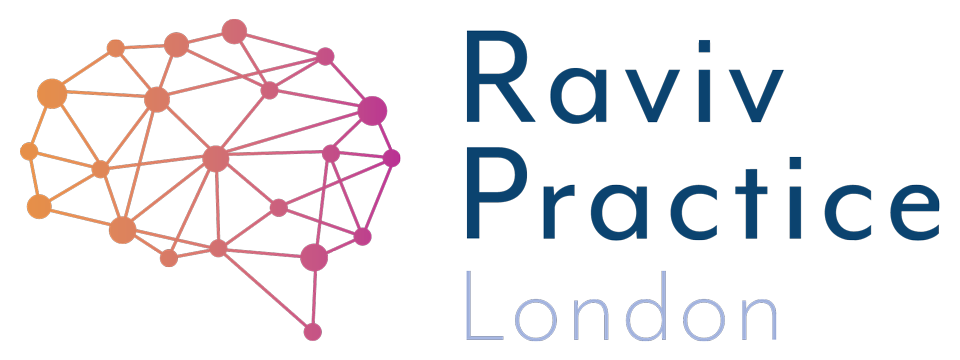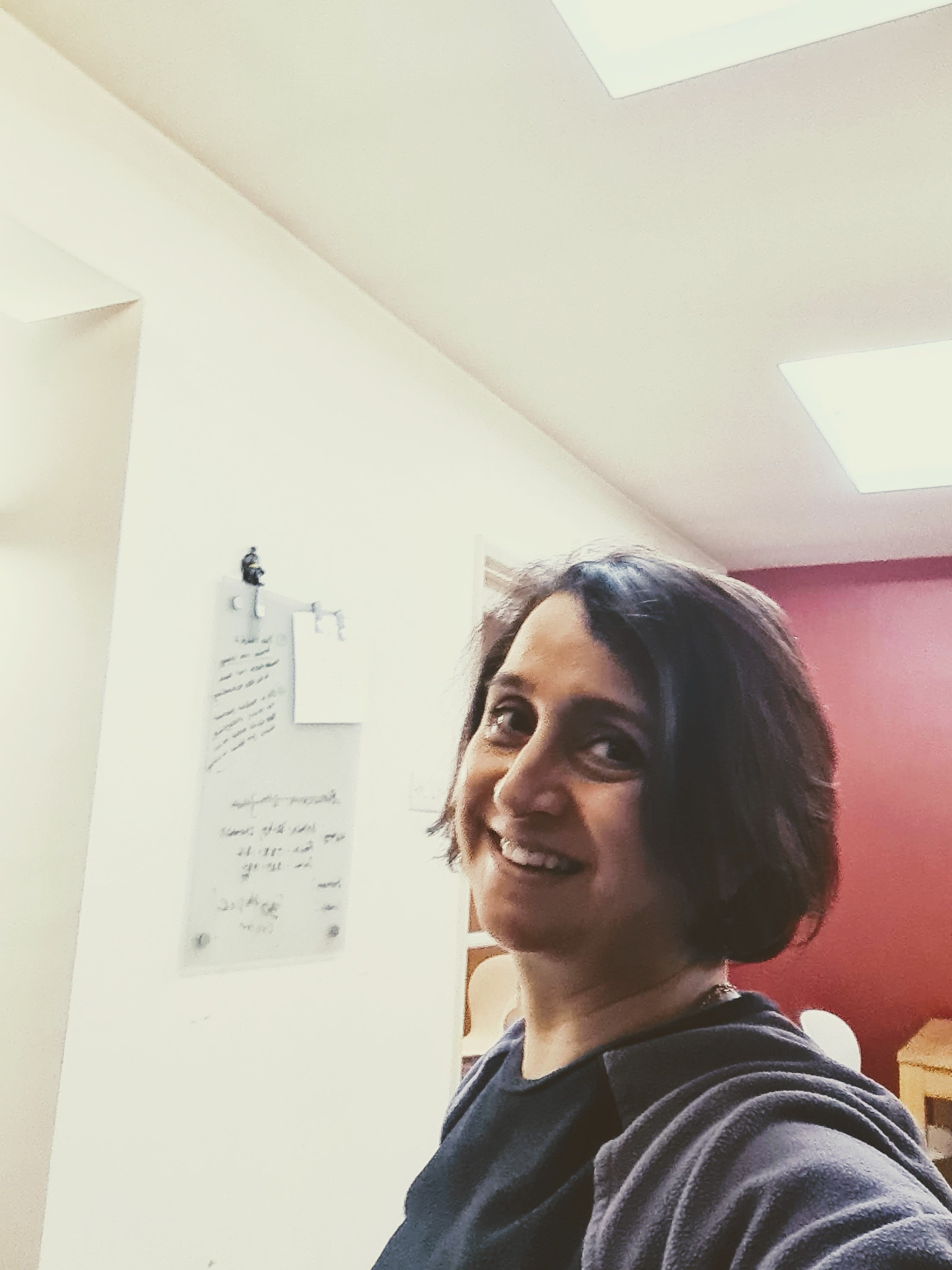How many times does a child need to be told they are naughty?
What’s in the cupboard ?
When my nephew was around 14 months old, like all toddlers, he would drive us all crazy as he loved to empty kitchen cupboards. It never occurred to me as anything extraordinary until I had to explain to his grandma, who in her late 70s that he was not “naughty” but “curious.” Being a prolific cook, she can always be found in the kitchen; naturally, he was curious as to what she was up to and could he do the same!
To help with his frustration, we settled for a small low-level kitchen drawer, emptied it, and put in his own kitchen utensils; rolling pins, plastic cups and saucers, spoons and all sorts. It took a different set of skills to pull a drawer open compared to the ease of opening a cupboard, but he mastered it in no time.
Once he had his drawer of toy utensils accessible, he could get busy every time grandma did. Taking things out of the drawer, putting things back in, bashing on saucepans and shaking empty salt and pepper shakers; all good stuff! Very satisfying for grandma too, who soon realised that she needed to replace the word ‘naughty’ with the word ‘curious’. Keeping children curious and interested is a skill, and it promotes learning.
I am not the only one who thinks along these lines. Maria Montessori believed children are naturally eager for knowledge and capable of initiating learning in a supportive, thoughtfully prepared learning environment. To support a child nurture their curiosity is a journey as parents we should all go on and one that will yield dividends when they are much older and need to self initiate things to keep themselves busy.
“Learning is not something children do just at school. Parents are their best teachers.”
Quick crafts - with no fuss !
Right now, we are experiencing a lock-down due to Covid-19, so keeping children busy, and enjoying their ability to use their imagination, is critical. Children can go into their world and be imaginative, the best bit being, creative play can be hours and hours of fun. I think for primary school children, the best place to start is making things. So, I went on a hunt and found the most spectacular book, called “Quick Crafts For Parents Who Think They Hate Craft” by Emma Scott-Child.
This book shows you how to be creative, using simple things from everyday household items. My personal favourite craft was fashioning a superhero mask and cape, fit for a teddy bear, from a sock, a pair of scissors and felt tip pen. Another fun craft was a cardboard-and-wrapping paper sword, perfect for jousting, swashbuckling or defending a castle.
Children can spend many hours creating stories with these crafts, with the added benefit of the satisfaction of making it. An entire pantheon can be made from your toy cupboard, legends can be spun from cardboard! A single act of creativity paves the way for the lessons learned through imaginative play. The excitement of a makeshift tent is so much more than an old scarf over two chairs. It is a huge adventure. And with it comes the opportunity to learn about what things inspire your child.
Setting up the scene and allowing self-initiated play to happen.
Play: Helps children learn
What makes your child light up? Think about it. Watching your child and seeing what they like is the first step. One of my students, aged 6, loved playing with his Lego superhero characters. He bought his Lego characters to every therapy session, clutching them tightly in his hand. At the start of our therapy, I would ask him to prise open his hand and put the characters on the window sill where they would be safe – we agreed to dismantle them, and they could be part of a game we played together. Every successful piece of work meant he could return to his characters to assemble one piece at a time.
Using what they like as a stepping stone to get to what you want them to learn.
As caregivers we must learn from our children and nurture a bond of cooperation. It does not matter what age or ability. The trust must develop. . There are rules and parameters of accepted behaviour. It is not about manipulation but mutual benefit.
“…a journey which fostered a bond of trust and mutual respect”
Grandma learned to enjoy my nephew’s creative play. She would ask him what he was making in his kitchen, and it was the start of a journey which fostered a bond of trust and mutual respect.
Dyslexia? Dyspraxia? ADHD? ASD? Speech & Language? Developmental Delay? Anxiety?
Is every school day a struggle? As a parent, you may feel exhausted and on this journey alone. Each year you see the gap getting wider. You need to do something - change the approach, help your child learn for themselves, find a way to turn this around - to help while you can - do this NOW. the first step is free.
About the Author
Usha Patel is a Neurocognitive Therapist and Director at Raviv Practice London. Parents searching to help their suspected/neurodiverse child can get evidence-based solutions with results in as little as 8 weeks. Those in search of jargon-free help can get started straight away.



